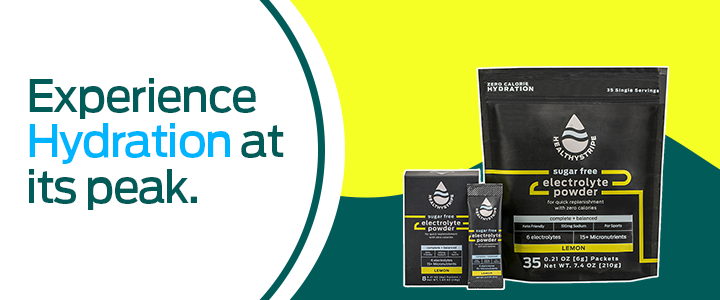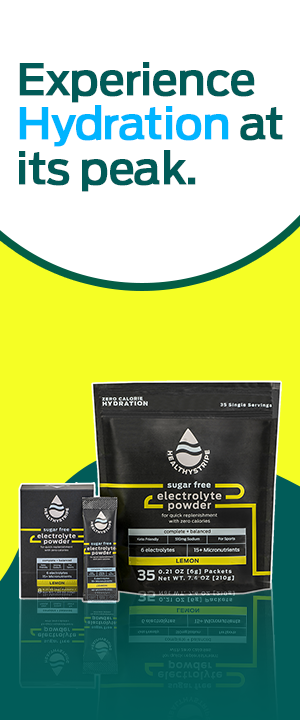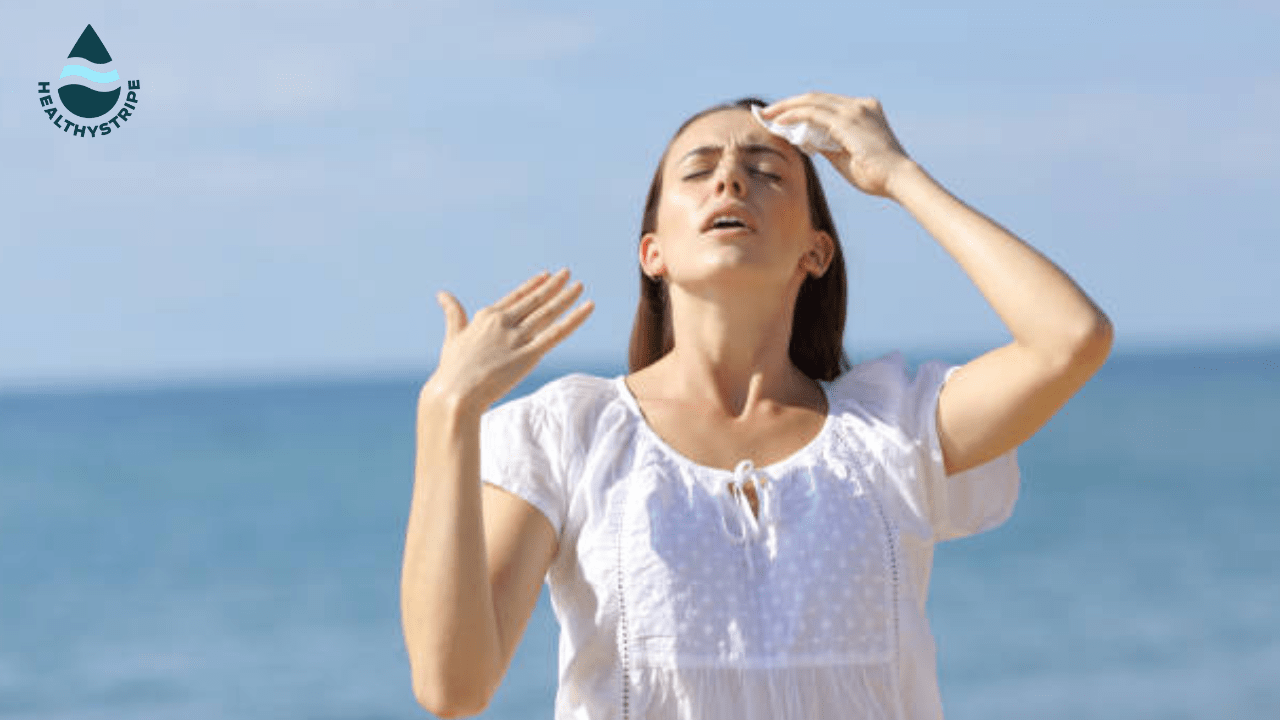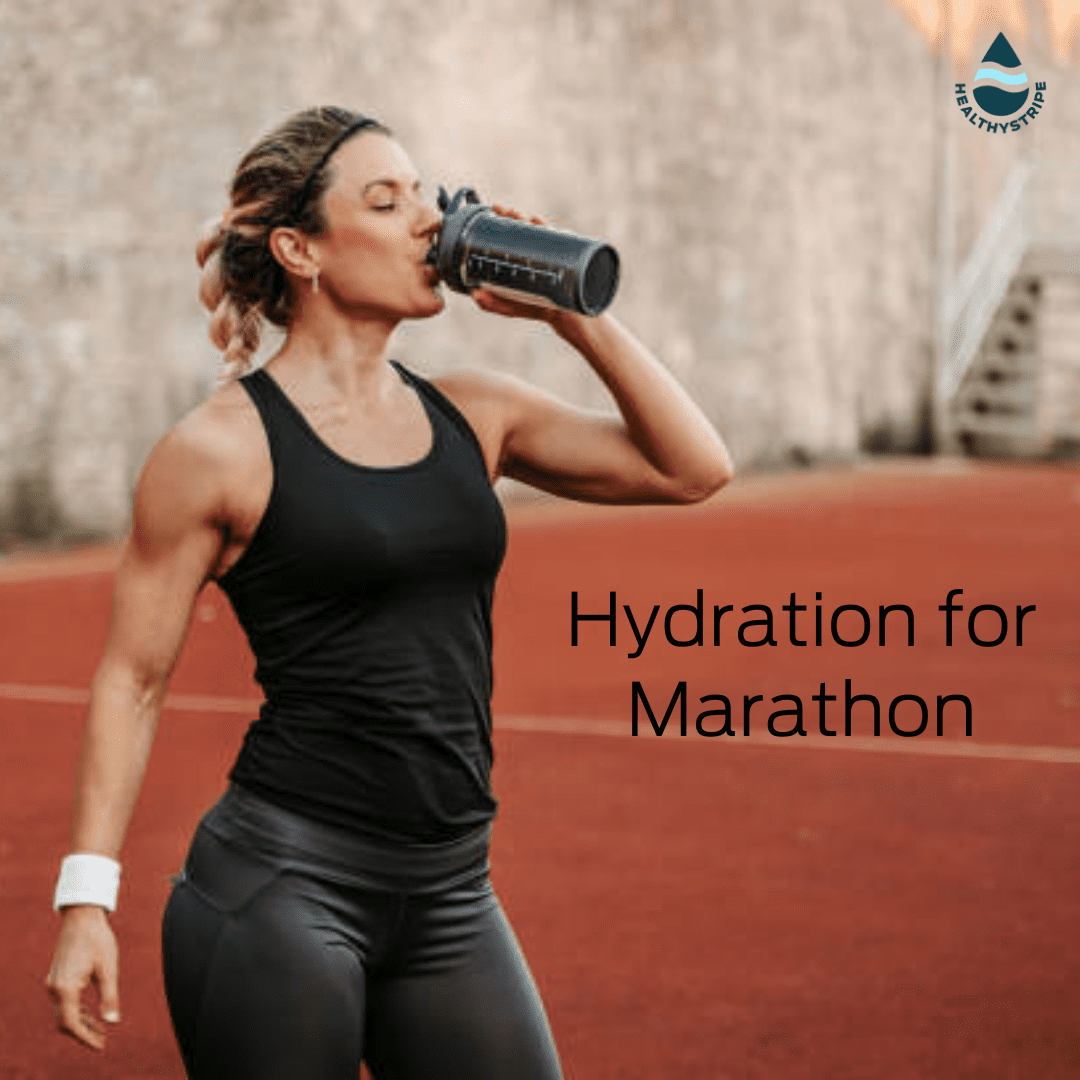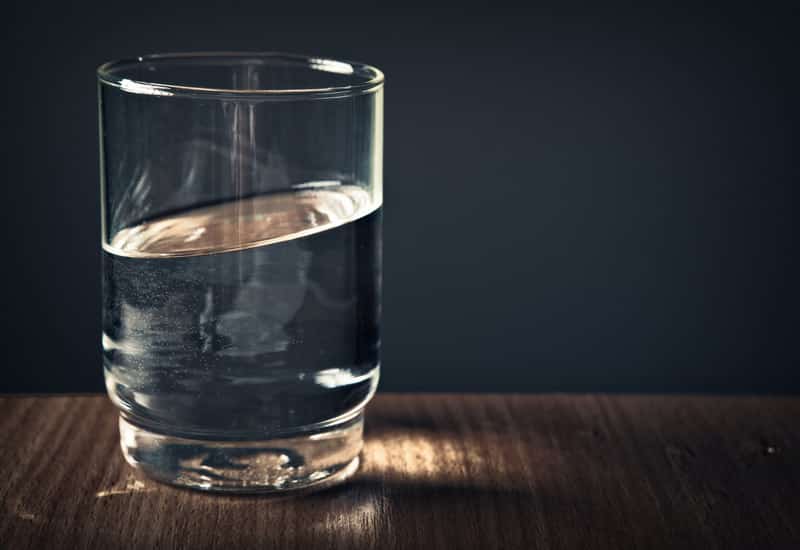
Dehydration is said to occur when there is a loss of liquids from our body more than intake.
There should be an input-output process, which unfortunately doesn’t happen in dehydration. Without an adequate amount of water in our body, our body does not function properly.
This illness may or may not show dehydration symptoms, depending upon the age. Yet, we do have a checklist of dehydration signs and symptoms, along with the treatment one should always look for.
Dehydration
Dehydration is caused by less amount of water intake. It might be due to fasting, a busy workload, and or even inaccessibility to safe and clean water. Excessive strenuous activities performed by the body and limited water intake could also lead a person to dehydration.
Causes for dehydration
1) Weather
During hot weather, our body sweats more to maintain homeostasis. Excessive sweats lead to a decrease in the water levels of the body. Thus, people need to drink enough water and other liquids to prevent dehydration.
2) Vomiting
Continuous vomiting and diarrhea lead to dehydration. In both conditions, water is thrown out of the body. Various electrolytes are also lost during the process.
They are used for various metabolic processes and muscle-controlling functions of the body. The more the delay in treating the vomits and diarrhea, the more severe the dehydration could be.
3) Excessive urination
An intake of 8 glasses of water is a must. It helps in proper urination. But, if there is a correct urinating cycle, water intake should be enough.
Less amount of water consumed by the body might lead to dehydration. Diabetics are one of the groups having frequent urination and requiring sufficient water intake.
4) Fever
Fever is one of the common symptoms of illness. In fever, the body loses water through the skin to maintain the outer body temperature. It could also lead to sweat during fever.
Such sweats lead to a loss of water, causing dehydration.
Learn More: Dehydration in Kids
Dehydration Symptoms
Signs and symptoms work as indicators for a disease or illness. They are the evidence for acknowledging whether the person is having a specific disease or not.
There are three types of dehydration: mild, moderate, and severe. Let’s look down for the signs some could face.
If someone facing mild to moderate dehydration would face the following signs:
- Increase in thirst
- Back Pain
- Fatigues
- Less tear production
- Decreased urination
- Dry skin
- Lightheadedness
- Headaches
- Constipation (diarrhea caused by dehydration)
- Dizziness, etc.
If someone faces moderate to severe dehydration goes through these signs:
- Excessive thirst quench
- Dark urine
- Blood pressure
- Sunken eyes and cheeks
- Sunken soft spot on the skull
- Shrivelled skin
- Rapid heart rates
- Rapid breathing
- Sleeping issues
- Faints
- Lack in sweat production, etc
Dehydration Treatment
Every disease has a treatment. Dehydration only in certain cases is severe and requires medical assistance. Rehydration is the only way to cure dehydration at any point. There are several ways of rehydration. Treatments can make the person healthy within 2-3 days in mild to moderate cases.
Homely treatments could cure the person’s health if given in the right direction.
1. Rehydration: the volume of liquids lost should be rejuvenated back by the body. Adequate amounts of water are to be consumed by the person. It should be consumed in fewer amounts and at a repetitive frequency. This will help the body accept the water, without throwing it out.
Check Out: How to Rehydrate Quickly
2. Electrolyte: a homemade or store-bought Oral rehydration solution packet should be consumed by the person.
It contains a specified amount of salt, sugar, and electrolytes such as zinc and other minerals. During dehydration, whatever mineral loss has taken place in the body is replenished with the help of the drink. Water is added to this solution and is given at frequent intervals in small quantities.
Electrolyte powder packets also help you get the hydration you need after a bout of dehydration. You must find a product that will replenish your basic electrolyte requirement and also provide additional nutritional support if possible. But does such as product actually exist? Surprisingly, it does. Healthystripe hydration electrolyte powder is carefully crafted to fulfil needs beyond basic hydration. Along with the basic electrolytes, this hydration powder also has supportive minerals and vitamins for overall nutritional support.
3. Intravenous supply: Those who suffer severe dehydration are admitted to the hospital. They are supported by the aid of intravenous supply.
It contains glucose, salt, and other electrolytes along with a liquid. Such a condition comes into the picture when the body does not accept water via enteral feeding.
4. Restoring foods: there are a few foods that help in water retention and cooling the body. Citrus fruits like lemon or orange, milk products like curd, and buttermilk, are super cooling foods.
High water-containing foods such as watermelon and cucumber also help relieve the dehydration symptoms. Coconut water is an amazing drink with a good amount of electrolytes and water.
Know More: What is Chronic Dehydration?
Diagnosis and Treatment of Dehydration
To diagnose dehydration, a healthcare provider may perform a physical exam and ask about symptoms and medical history. They may also order blood tests and urine tests to check for electrolyte imbalances and dehydration. In addition, tests such as skin turgor tests and dry mouth tests can also be conducted to assess the severity of dehydration.
Treatment for dehydration typically involves replacing lost fluids and electrolytes through drinking water or fluids containing electrolytes, such as sports drinks or oral rehydration solutions. In severe cases of dehydration, hospitalization and intravenous (IV) fluids may be necessary.
Prevention of Dehydration
The best way to prevent dehydration is to drink plenty of fluids, especially water, throughout the day. The amount of water needed can vary depending on factors such as age, gender, and activity level. However, a general guideline is to drink at least 8 glasses (64 ounces) of water per day.
In addition to drinking water, you can also increase your fluid intake by consuming fruits and vegetables with high water content, such as watermelon, cucumbers, and celery. Avoiding alcohol and caffeine, which can have a diuretic effect, can also help prevent dehydration.
Also Know: Healthiest Electrolyte Drinks
Conclusion
Dehydration is a common condition that can lead to a range of symptoms, from mild to severe. It can be caused by various factors, including not drinking enough water, sweating excessively, vomiting, diarrhea, and certain medical conditions. Early signs of dehydration include thirst, dry mouth, and dark urine, while more severe symptoms can include confusion, rapid heartbeat, and unconsciousness.
Treatment for dehydration typically involves replacing lost fluids and electrolytes through drinking water or fluids containing electrolytes, while prevention involves drinking plenty of fluids, consuming fruits and vegetables with high water content, and avoiding alcohol and caffeine. By taking steps to prevent dehydration and recognizing the signs and symptoms of this condition, you can help keep your body hydrated and healthy.
Dehydration Related FAQs
What are the symptoms of dehydration?
How do I know if I am dehydrated?
There are several signs that you may be dehydrated. These include thirst, dry mouth, dark urine, infrequent urination, fatigue, headache, dizziness, and muscle cramps. In severe cases, you may experience confusion, rapid heartbeat, rapid breathing, and unconsciousness.
How can I prevent dehydration?
You can prevent dehydration by drinking plenty of fluids, particularly water. Aim to drink at least 8 glasses (64 ounces) of water per day, and increase your fluid intake if you are in a hot climate or engaging in physical activity. Eating fruits and vegetables with high water content can also help, as can avoiding alcohol and caffeine, which can have a diuretic effect.
How long does it take to rehydrate after dehydration?
The time it takes to rehydrate after dehydration can vary depending on the severity of the condition and the individual’s response to treatment. Mild dehydration can typically be resolved by drinking fluids within a few hours, while more severe cases may require medical treatment and several days of hydration therapy.
What should I drink to stay hydrated?
Water is the best drink to stay hydrated, but other fluids such as sports drinks, coconut water, and fruit juices can also help replenish lost fluids and electrolytes. However, be mindful of added sugars in fruit juices and sports drinks, which can contribute to dehydration and other health issues if consumed in excess.
What are the risks of dehydration?
Dehydration can lead to a range of health problems, from mild symptoms such as fatigue and headaches to more severe conditions such as heat exhaustion, heatstroke, and kidney failure. Severe dehydration can be life-threatening, particularly in young children and older adults.
Can dehydration cause headaches?
Yes, dehydration can cause headaches. Dehydration can lead to a decrease in blood volume and low blood flow to the brain, which can result in headaches and other symptoms such as dizziness and fatigue.
Can dehydration cause muscle cramps?
Yes, dehydration can cause muscle cramps. When the body is dehydrated, it can lead to an imbalance of electrolytes such as sodium, potassium, and magnesium, which can cause muscle cramps and spasms.
What are the signs of dehydration in children?
The signs of dehydration in children can include dry mouth and tongue, sunken eyes, decreased urine output, dark yellow urine, lethargy or irritability, and dry or cool skin. In infants, signs of dehydration can include fewer wet diapers than usual and a sunken soft spot on the head. If you suspect that your child is dehydrated, seek medical attention immediately.




